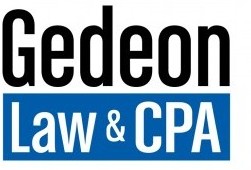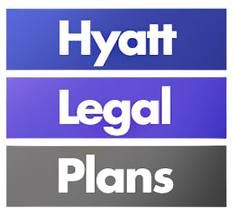Are you showing a tax loss on your rental property investment?
Are you unable to deduct the loss because your income is over $100,000?
Do either you or your spouse not have a full time job?
If you said yes to all three of the above questions, then either you or your spouse should qualify as a real estate professional so you can deduct the rental losses against your other income.
If you already are in the real estate business, such as a real estate agent, broker, or builder, then this strategy will easily apply to you.
For the rest of you, to quote Ringo Starr, “It Don’t Come Easy”.
For those of you who have a full time job outside of the real estate industry, then you should be aware that it will be very difficult to qualify as a real estate professional unless your spouse does not work.
Reason is to qualify as a real estate professional; you need to satisfy the following three tests:
a) Identify rental properties and other real estate businesses in which you and/or your spouse materially participate.
b) Spend more than 50 percent of your work time on the rental properties and real estate business.
c) Perform more than 750 hours of service on the rental properties or real estate business.
But it gets harder. While for purposes of the first test you can combine the time you and your spouse spend on materially participating in real estate activities, the other two tests require either you or your spouse to qualify individually. Hence, at Gedeon Law & CPA, we always recommend our clients designate the non-working spouse as the real estate professional. Moreover, we generally recommend our clients make a special IRS tax election to aggregate the time spent on all real estate activities for purposes of meeting the 50% and 750 hour tests.
Another caveat to be aware of is using a professional property manager to manage your rental properties will generally cause you to fail the last test. Reason being its more difficult to claim involvement in the day to day management of the properties.
So what day to day management activities will help you qualify under the aforementioned tests. Well, the IRS and courts have given us the following insight into the activities they consider active participation:
a) Preparing the accounting records and financial statements for the properties
b) Reviewing leases and finding tenants
c) Traveling to and from your rental properties
d) Preparing for and attending meetings of the condominium association
e) Creating operating budgets; and
f) Paying bills related to the property such as property taxes, repair bills, etc.
If the IRS didn’t make it hard enough to qualify, you will also need to maintain proper documentation establishing your active involvement in the daily management of the properties. To do this, the IRS will expect you to provide notes, calendars, files, lists, phone records, business plans, and so forth.
If your spouse does not work and you both own multiple rental properties that generate a tax loss, then contact us today to discuss qualifying as a real estate professional.



